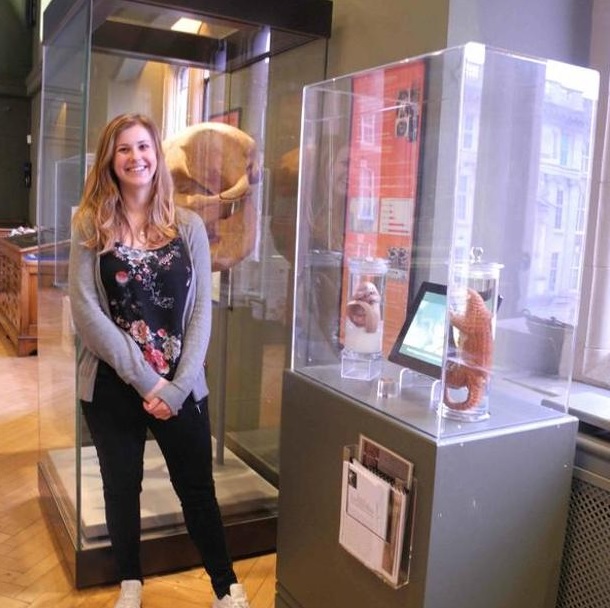Pangolins - The Modern Day Dodo

Pangolins: The Modern Day Dodo
By University of Liverpool graduate Sophie Banks.
International Pangolin Day is 20th February 2016.
A day dedicated to raising awareness about these unique African and Asian mammals. All species of pangolin face varying degrees of threat from humans. Pangolins are the world’s most trafficked mammal - for use in traditional medicines, as a status, for food and for their skins, often across parts of Asia.
The predator defence behaviour of pangolins unfortunately makes them vulnerable to hunting from humans. They freeze and curl into a ball with their sharp, keratin scales pointing outwards. Although this is great defence from lions, humans easily collect them and sell them onto black markets. This trade is often illegal, both nationally and internationally. Pangolins are important within nature as they eat ants and termites, which stops the insect population growing too large and damaging natural vegetation, crops and property. Without pangolins, soil quality would decline, causing further damage to the ecosystem. We are needlessly hunting this species to extinction and we must act to stop pangolins becoming ‘the modern day dodo’.
You can help these unusual species by selecting alternatives to traditional medicines that use animals. You could also be helping other species too, like tigers, bears and manta rays. When visiting some parts of Africa and Asia, be aware and avoid souvenirs, food and drinks made of animal parts. Ultimately, help pangolins and other endangered species by learning and encouraging others to be engaged with nature. Organisations such as the Tikki Hywood Trust and the Born Free Foundation strive to save the species. By supporting their work, you can make a difference.
Sophie is currently studying for her masters at Lancaster University. She is still working on wildlife trafficking and more specifically conservation impacts of CITES (the Convention on International Trade in Endangered Species of Wild Fauna and Flora). It is an international agreement between governments. Its aim is to ensure that international trade in specimens of wild animals and plants does not threaten their survival.
Learn more about the plight of the pangolins by visiting Sophie's exhibition, on display in our museum.
Visit our YouTube channel to watch a video about Pangolins.